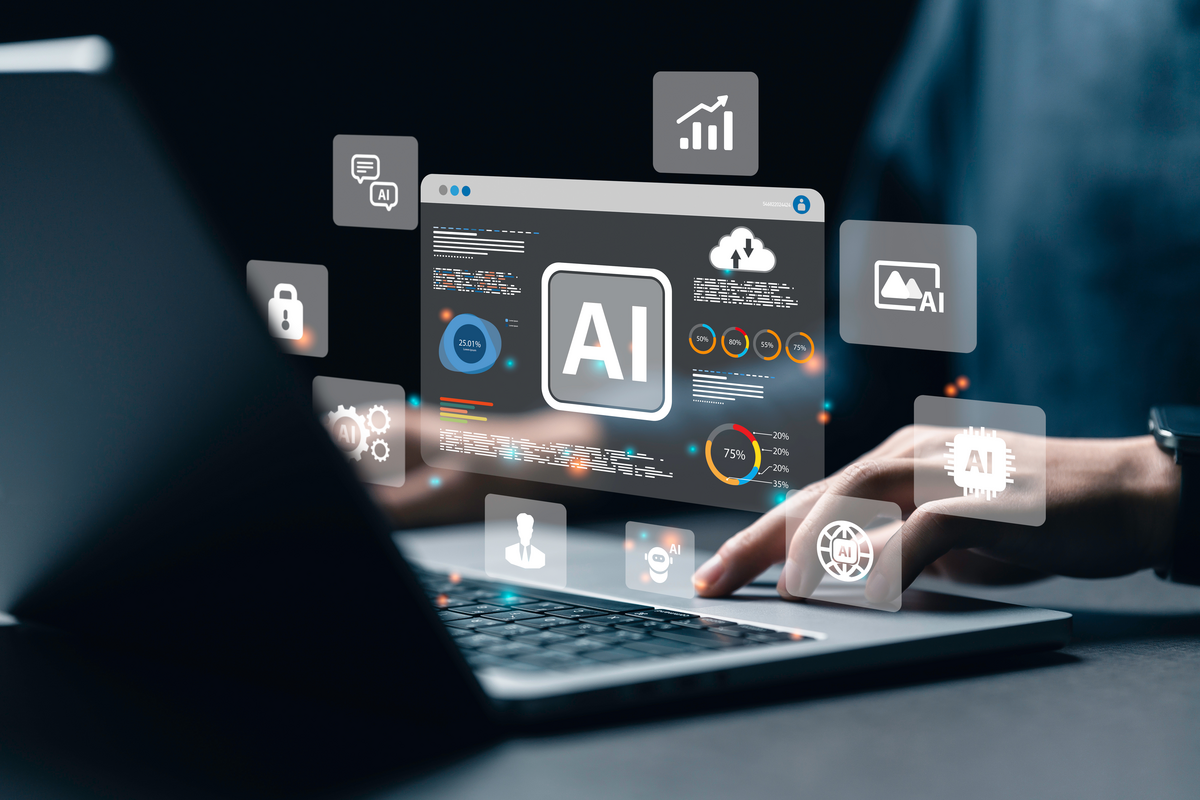Tariffs are a headache for any company that relies on overseas manufacturing. That includes device maker Apple (AAPL 0.07%).
Earlier this year, Apple CEO Tim Cook projected that tariffs would cost the company $1.1 billion in the third quarter. But it could be about to get even worse for Apple thanks to a new potential front that's opened up in the trade war.
Here's what investors need to know.
Threading the needle
Thus far, Cook has done an admirable job of placating both Beijing and Washington to avoid the worst of the tariff fallout from both sides, mostly by promising to spend more money in both countries.
Last week, for example, Cook visited China and met with industry minister Li Lecheng. The Chinese government's official summary of the meeting says that Cook pledged to increase Apple's investment in China by an unspecified amount, while Lecheng said China would continue to provide a positive business environment for foreign companies like Apple.
Cook has also curried favor with President Donald Trump. In August, Cook presented him with a custom-made plaque on a 24-carat gold pedestal to commemorate his commitment to domestic manufacturing. As part of that initiative, Apple has committed to investing $600 billion in U.S. manufacturing.
So far, Cook's hard work seems to be paying off. In August, when the Trump administration increased tariffs on Indian imports to 50%, smartphones were exempted. That was a major win for Apple and its manufacturing facilities in India. But the most recent chapter in the trade war -- a spat over rare earth elements -- may not turn out so well for the device maker.
Why it matters to Apple
iPhones and iPads, like many electronic devices, are packed with rare earth elements like neodymium and dysprosium, which make it possible to miniaturize electrical components so they'll fit inside a handheld device. Other rare elements like yttrium and europium are critical components of color screens. Without these elements, it would be harder to see the color red on your smartphone screen, and impossible for it to vibrate when you receive a call.
China is the world's largest source for many of these critical minerals. It possesses almost 70% of the world's rare earth mining capacity and about 90% of its rare earth processing capacity. Control over these critical resources has given China a unique piece of leverage in its escalating trade war with the U.S.
Earlier this month, China's Ministry of Commerce announced it would require foreign companies to get special approval from the Chinese government to export items containing even small amounts of rare earth elements. If the rule goes into effect on Nov. 1 as scheduled, it could be very bad for Apple. In response, Trump threatened to impose an additional 100% tariff on China -- over and above the 57% tariffs it's currently levying -- as well as to impose export controls on "any and all critical software," which could be even worse for the device maker.
However, none of this seems to have mattered to Apple's stock price, which is currently trading around an all-time high:

NASDAQ: AAPL
Key Data Points
More bark or more bite
The ultimate consequences for Apple from Trump's tariffs on China and China's retaliatory restrictions on rare earth elements should become clear next week.
Trump has set a Nov. 1 deadline for a trade deal to be reached between the U.S. and China, or the additional 100% tariffs will kick in. Trump is expected to meet with Chinese president Xi Jinping on the sidelines of the Asia-Pacific Economic Cooperation (APEC) summit in South Korea on Oct. 31 or Nov. 1. Trump has predicted a "fantastic trade deal" will result from this strategy.
If such a deal doesn't materialize, Apple won't be alone in feeling the pain. Device makers, electric vehicle battery manufacturers, and makers of military hardware, among many others, all rely on rare earth elements with limited supply options. Companies, including Apple, are scrambling to find other sources for these minerals. In July, Apple announced a $500 million partnership with MP Materials to launch a U.S. recycling facility for rare earth magnets, which would help to improve domestic supply of the critical materials. Too bad that project won't even ship its first magnets until 2027.
Perhaps Cook's goodwill gestures toward the White House and Beijing will keep Apple insulated from any potential tariff fallout. But I wouldn't be surprised to see Apple's stock take a hit if a deal isn't reached by Nov. 1.






